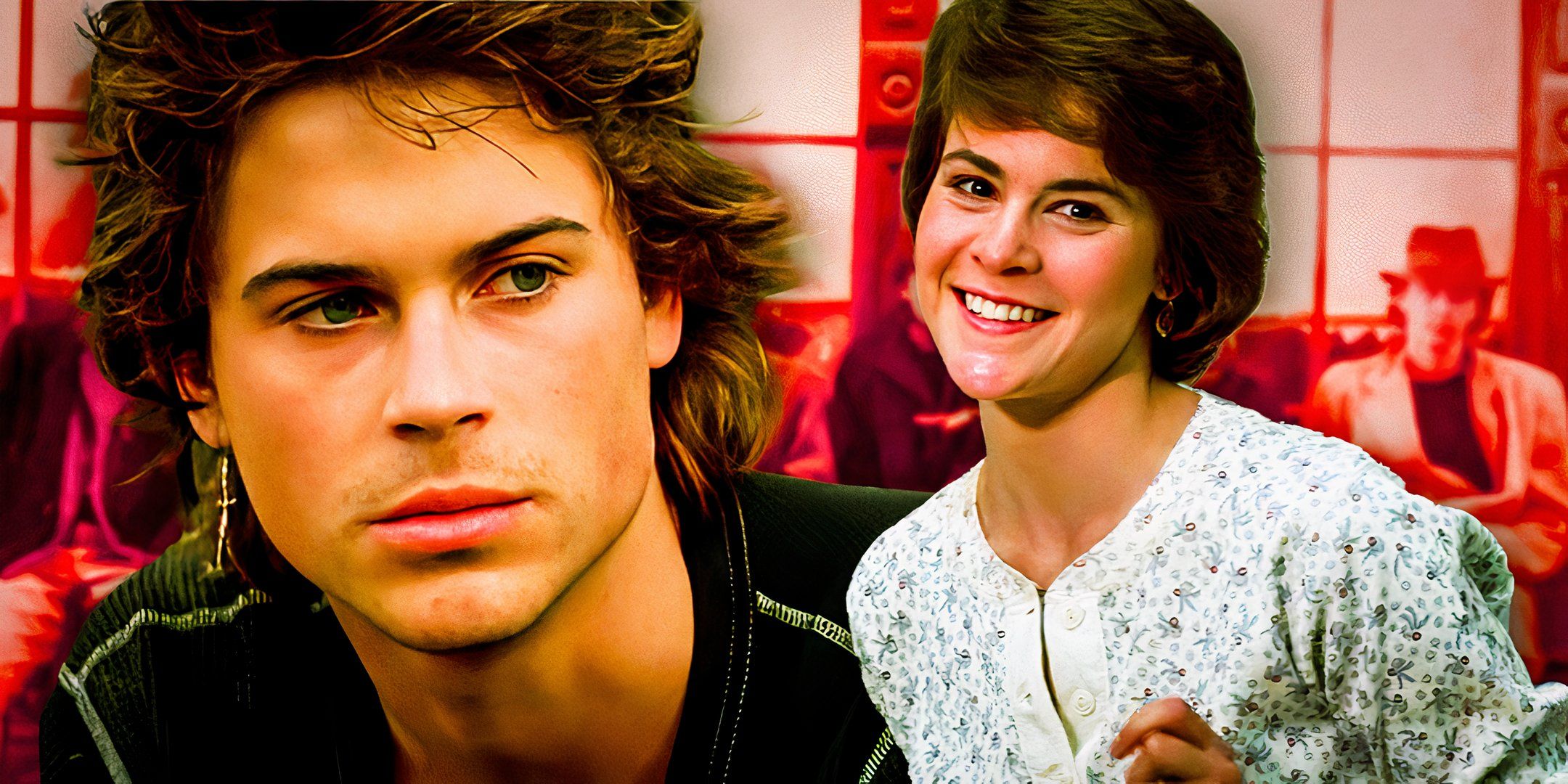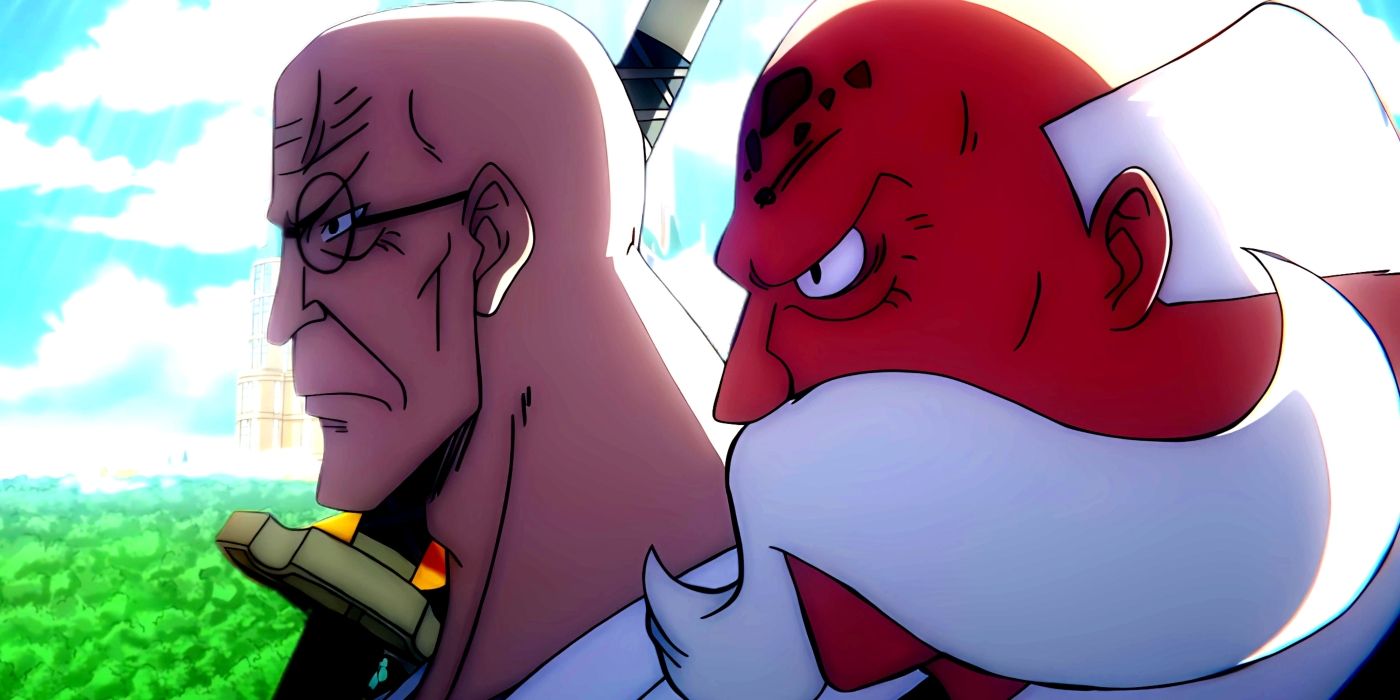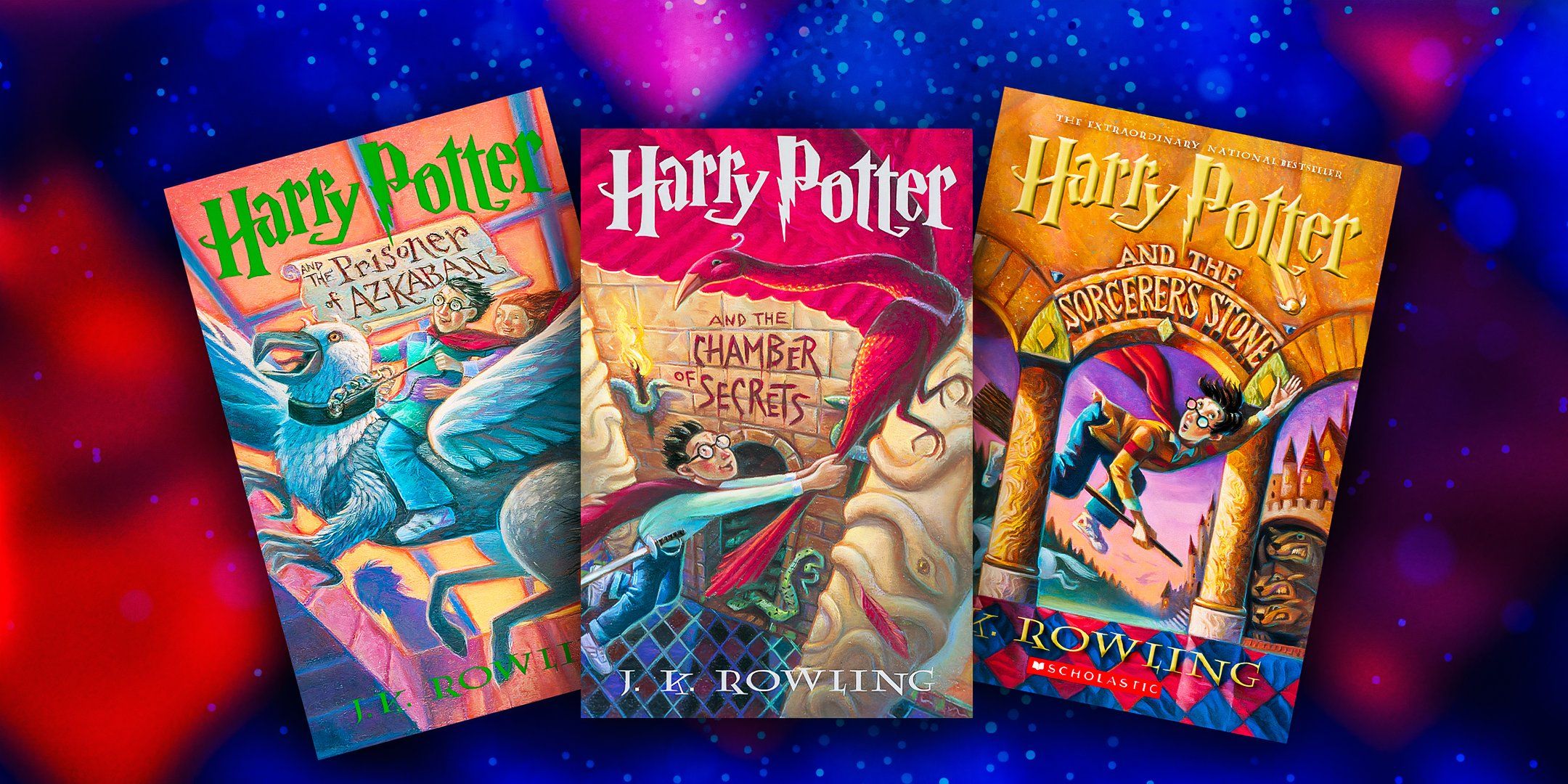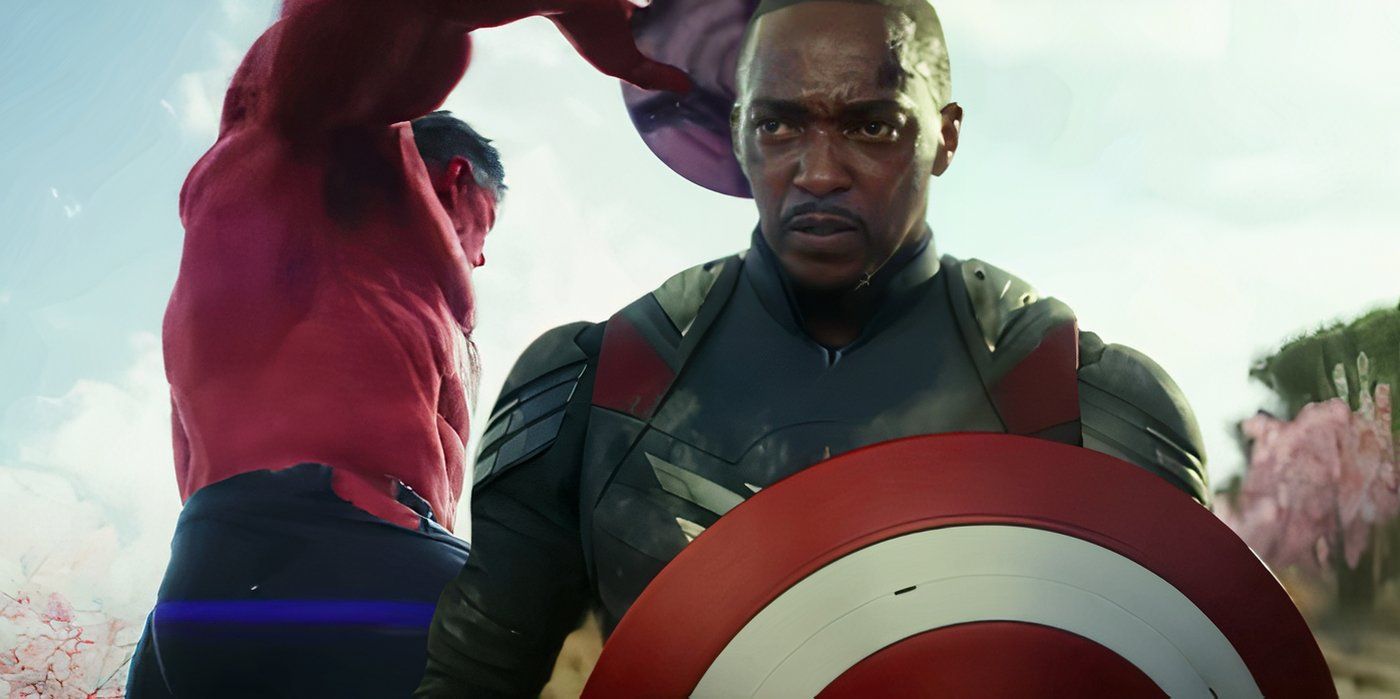Tim Burton originally had a more elaborate plan for Edward Scissorhands, only for it to eventually be fulfilled 17 years later with Sweeney Todd: The Demon Barber of Fleet Street (2007). Burton had already achieved mainstream success in the late 1980s with Beetlejuice and Batman, but it was arguably the release of the 1990 romantic fantasy that cemented his standing as a Gothic auteur of misunderstood outcasts. Edward Scissorhands also marked the beginning of a long-standing partnership with Johnny Depp.
The blood-splattered Sweeney Todd is adapted from Steven Sondheim’s stage musical and provided the sixth of eight collaborations between Burton and Depp. The film follows Todd (Depp), a murderous barber who returns to London seeking revenge against those who falsely convicted him of a crime and destroyed his family. Baker Nellie Lovett (Helena Bonham Carter) aids Todd’s killing spree by turning his victims into pies.
Sweeney Todd was nominated for numerous awards and won an Oscar and two Golden Globes. It wasn’t the first time Burton had directed a musical, having already ventured into the genre with Corpse Bride (2005), as well as being the creator and producer of The Nightmare Before Christmas (1993). Interestingly, however, screenwriter and longtime Tim Burton collaborator Caroline Thompson revealed in an interview last year (via Insider) that Burton had initially considered this musical approach for Edward Scissorhands. Ultimately, he made the right decision to abandon plans for a singing Edward in favor of adapting Sweeney Todd. The musical genre is key to amplifying the tragedy of his serial killer barber, while the beauty of Edward lies in his quiet nature.
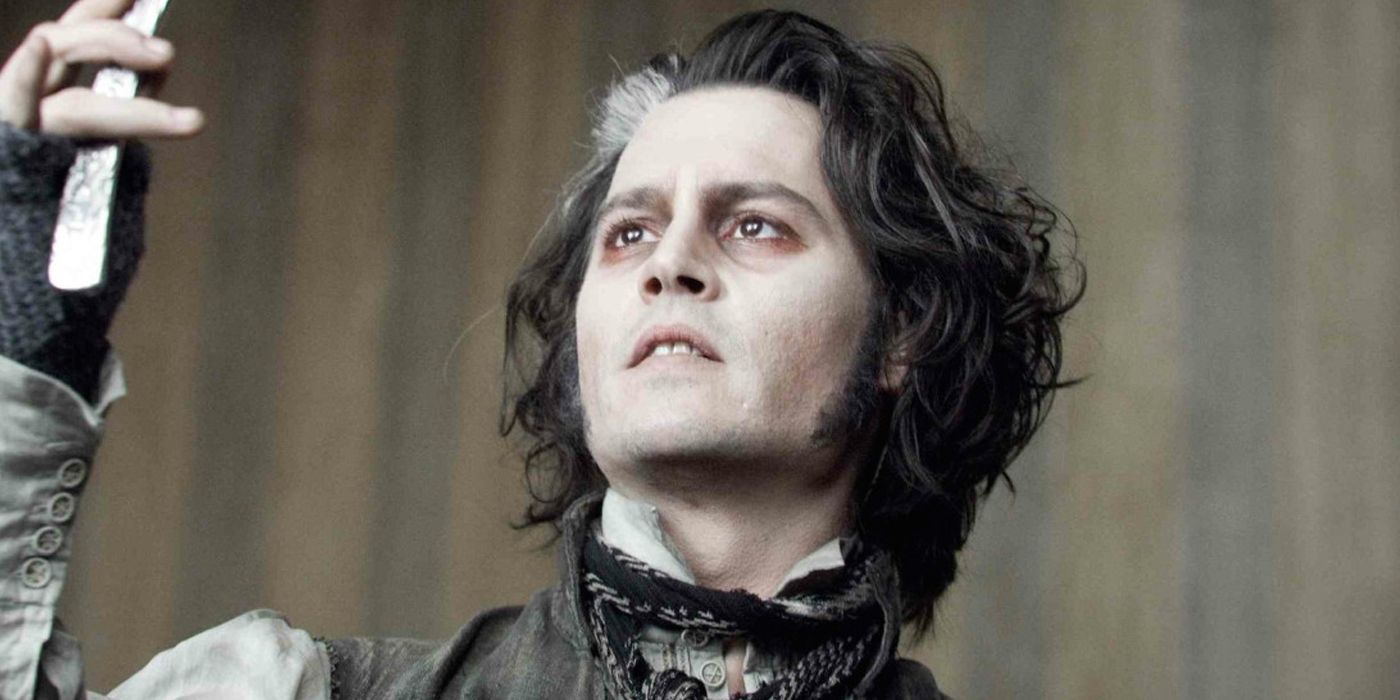
Thompson, who wrote the script for Edward Scissorhands and the Burton-produced The Nightmare Before Christmas, recounted how “Tim thought it should be a musical because he thought surreality was more acceptable” if delivered in this style. Thompson even wrote a song called “I Can’t Handle It,” only for Burton to read the lyrics and change his mind about the idea. This was for the best, as the story is about someone who struggles to communicate with others and it’s difficult to imagine how songs would improve the narrative. Depp speaks fewer than 150 words in the film, meaning that when he does deliver a line, it carries greater weight than it would if he were frequently expressing himself through song. This also recalls the director’s admiration for the expressive acting of silent film stars, a major reason for Tim Burton frequently casting Johnny Depp.
In contrast, Sweeney Todd’s musical format provides a means to convey the character’s internal monologue without resorting to mere exposition that can halt a film’s momentum. The films share a few superficial similarities – both protagonists are razor-wielding outcasts played by Depp – but their personalities are entirely different. Edward is shy and gentle, largely raised in isolation, meaning speech is a relatively new ability. He was pushed into a society that couldn’t understand him and eventually ostracized him. Meanwhile, Todd willingly rejects the world that robbed him of his innocence but relishes the ability to engage with his victims. In Tim Burton’s movie, Sweeney Todd articulates himself through song, embracing his brutality and heartache while genuine social interaction eludes him. This way, Burton satisfied his musical desire with Depp, but with a character who is naturally more verbal.
In that same interview, Thompson also said, “Movies are movies. Not words.” This may be a generalization, but it demonstrates how Edward Scissorhands’ story works on an emotional level that doesn’t need excessive dialogue, let alone musical numbers. It would be intriguing to hear Thompson’s song, but Tim Burton thankfully waited to fulfill his plan with Sweeney Todd, where the music perfectly articulates the sorrow fuelling the barber’s murders.

